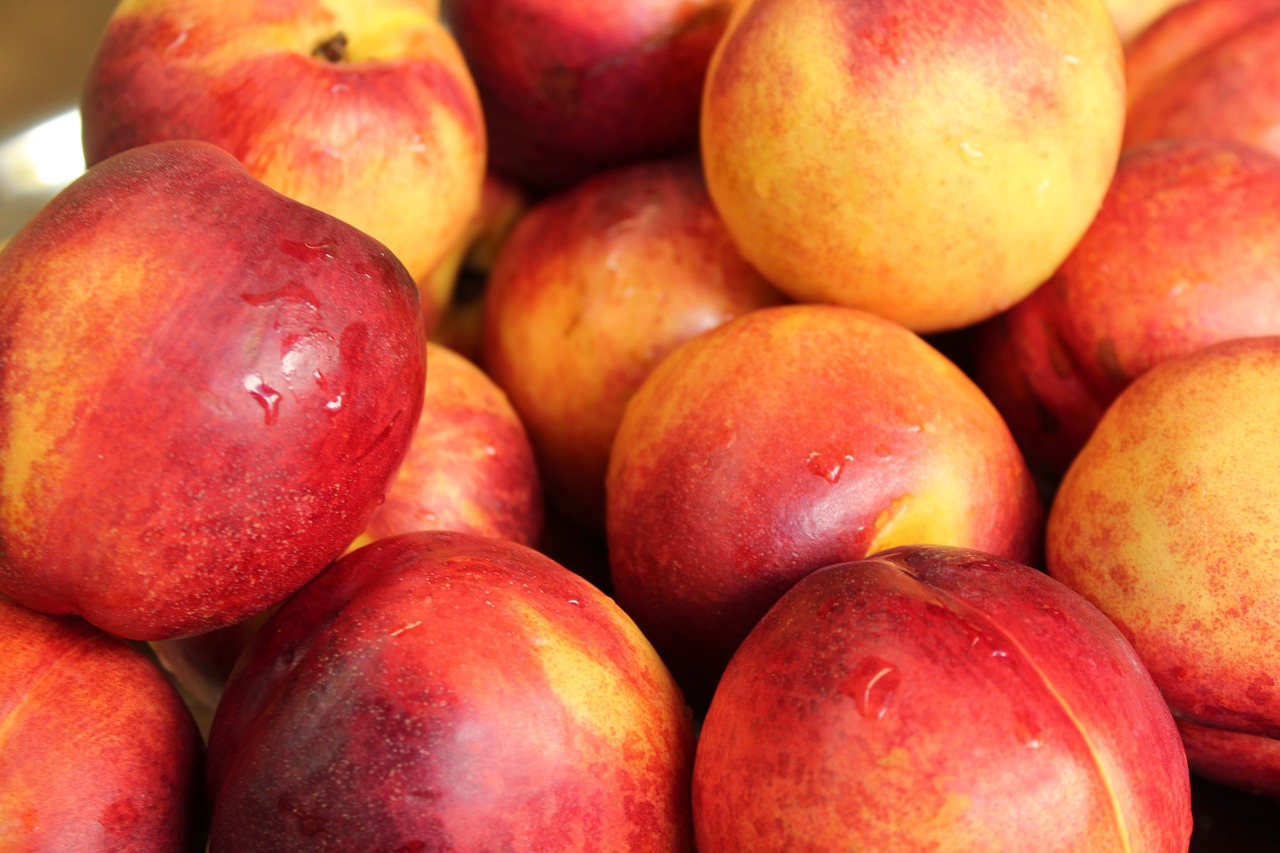

Nectarines help treat anemia
A balanced diet is important, but sometimes, we need to do more in order to support our health… for example, indulge in nectarines more often.
Even if we like them, we have to admit that we don’t get to “bear fruit” too often. Whatever our reasons (including the fact that fruits are blamed for high sugar intake), we’re doing ourselves a huge disservice by knowingly depriving ourselves of vitamins and minerals that are essential to our health.
Nectarines,for example, are endowed with an impressive set of nutrients, such as vitamins B3 and C, copper and potassium, they are high in fiber, and, on top of that, they are delicious and easy to eat.
It is true, vitamin C is found in many fruits and vegetables, not only in nectarines, but several daily portions are needed for the intake to be sufficient for the body, so it would be good to “take advantage” of those valuable sources, such as nectarines. Food supplements can also help, but you have to know that the percentage of absorption is relatively small (liposomal vitamin C is an exception). Regardless of the source, however, vitamin C is vital for everyone, with a wide spectrum of benefits, from slow aging to preventing serious ailments. Moreover, it also has the role of sustaining other processes in the body, such as the assimilation of iron and the stimulation of the production of white blood cells (phagocytes and lymphocytes), important for treating anemia and increasing immunity.
Anemia is a relatively discreet condition, but it produces significant changes in the body. Among the most common symptoms are fatigue and weakness, shortness of breath, dizziness, headache, and irregular heartbeat.
There are several types of anemia, but the most common is iron deficiency, wherein signs can even appear on the skin – itching (pruritus) that can become red, bumpy, and painful to the touch. According to experts, one theory is that low iron levels can make skin thinner and more sensitive. Long-term iron intake is, in such cases, accompanied by the application of topical corticosteroids or oral antihistamines. But, in order for iron to be assimilated and anemia to be kept under control, vitamin C is needed. A medium nectarine can provide up to 10% of the recommended daily dose, and the rest can be provided easily from vegetables (pepper, cauliflower, asparagus, radishes, broccoli, etc.), greens (parsley, spinach), or other fruits (citrus, berries).
Vitamin C is not, however, the only antioxidant found in nectarines. The action of antioxidants triggers an important reaction in the body, which helps to reduce oxidative stress (it is proven that it can cause diseases, such as diabetes, Alzheimer’s, and heart conditions), caused by an imbalance of free radicals. Recent studies show that nectarines would be extremely useful in treating iron deficiency anemia, including the genetic one, by reducing oxidative damage to red blood cells.
Thus, the more types of antioxidants we consume, the better.
Nectarines also contain flavonoids, which may help prevent premature deterioration of brain functions, and anthocyanins, which play a role in reducing inflammation and cardiovascular disease.
Nectarines also contain phenolic compounds that help prevent free radical damage. Basically… “a nectarine a day keeps the doctor away!”
See here you can find how to quickly prepare a natural juice from nectarines.





No Comments